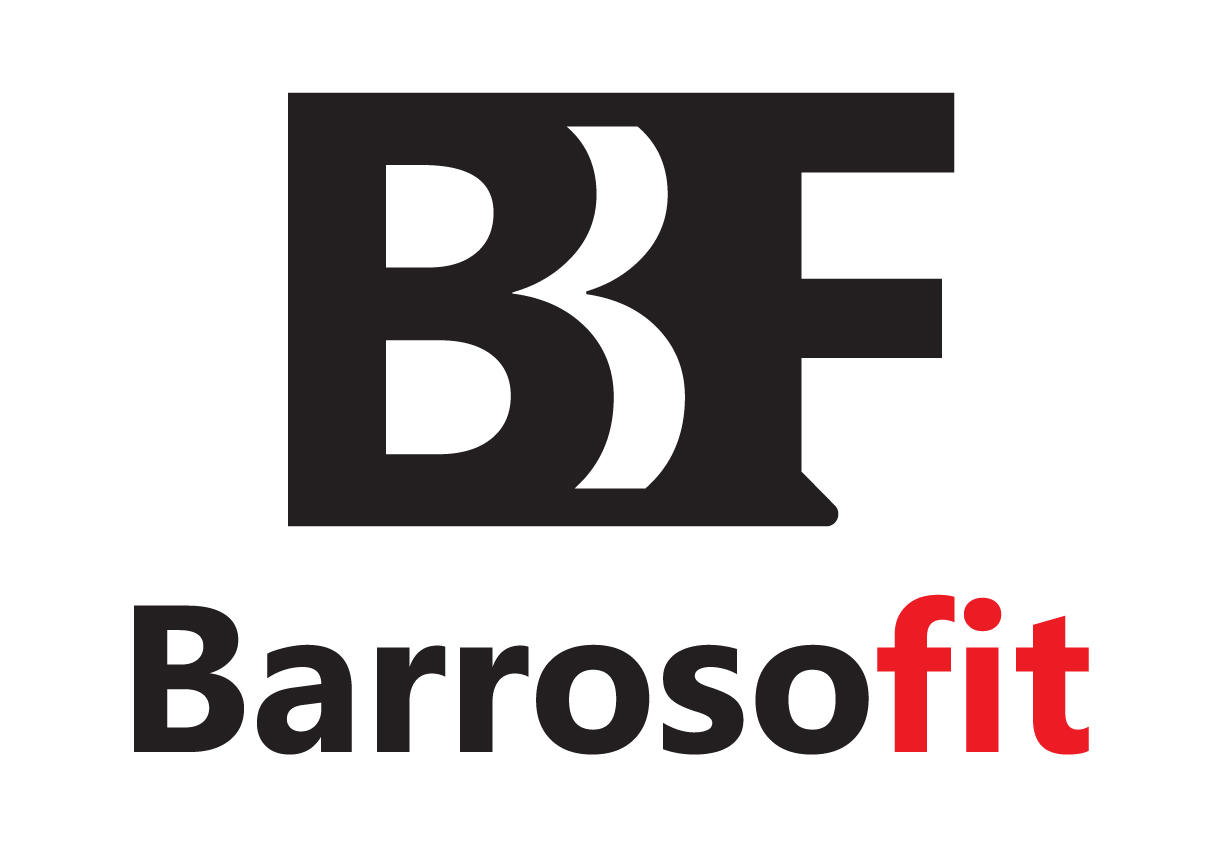4 Gluten-Free Diet Myths-Exposed!
By: Shay-lon Moss
Eating gluten-free is not about losing weight, eating healthier, or dieting; this “fad” is a serious issue. For those of you who may not be aware of celiac disease, these are people who need to eat gluten-free products because of a health concerns; health concerns that not everyone has. Celiac disease means the small intestine is hypersensitive to gluten, leading to difficulty digesting food. According to Beyondceliac.org, “1 in 133 Americans, or about 1 percent of the population has celiac disease”. Celiac disease has no cure or pharmaceutical treatments; the only solution is to be on a 100% gluten free diet.
There are many myths that are attached to eating gluten-free foods and this article will look to dispel four of the most common myths heard in the health and fitness community. Next time someone says they’re gluten-free, you’ll actually understand what they mean.
MYTH #1: GLUTEN-FREE DIETS ARE FOR WEIGHT LOSS
Many people believe that by eating gluten-free foods they can lose weight but this notion is not always true.
“The concept of consuming a balanced diet should include eating whole grain foods, even when trying to lose weight, but because of the recent reports stating that gluten-free products are ideal for weight loss a lot of people are buying expensive products that are not necessary,” says Rachna Gudka, a certified nutritionist and life coach specializing in vegetarian nutrition. “Many companies have begun using ‘gluten-free’ as a marketing tool to confuse consumers into thinking that they are great and healthy options. Gluten is a protein that is found in wheat, barley, and rye. Gluten may also be found in many foods, medications, and everyday items. Other foods such as cereal, soy sauce, whey products, alcoholic beverages such as beer, even certain beauty products such as lip balms may contain gluten.”
DEBUNKED
Whole grain foods also contain many vital vitamins, minerals and fiber which are important to health. When losing weight, it’s especially important to consume the right amount of whole grain foods as they help to keep you full throughout the day and help control your blood sugar levels. The reason people do lose weight on a gluten-free diet is because many foods are eliminated from the diet such as staple foods like bread, pasta, cereal, and a lot of high calorie "junk foods" while low calorie foods such as fresh fruits and vegetables are consumed instead.
“When you cut out a certain food group completely you are losing the nutritional benefits of that food, adds Gudka. “Gluten-free or not, you need to create a calorie deficit while eating a variety of nutritious foods and exercise regularly to actually lose weight.”
MYTH 2: GLUTEN-FREE FOODS ARE HEALTHIER THAN THEIR COUNTERPARTS
Gluten-free food is “healthier” than food with gluten, right? Not necessarily.
DEBUNKED
“Gluten- free does not automatically mean healthy and unless you are very careful, gluten-free diets can lack many essential nutrients,” Gudka says. “Many gluten-free products are low in magnesium, iron, zinc and B vitamins as well as fiber. Gluten-free products are not only more expensive but many are full of extra calories, salt and sugars too mainly to make up with taste and texture of alternative products.”
MYTH 3: GLUTEN-FREE = CARB-FREE
This myth is some of the reason why people choose to eat gluten free, because they believe that they are essentially low-carb dieting. Gluten-free is not the same as carb-free, as certain brands of potato chips, pasta, oatmeals and cereals that carry the gluten-free label have just as many or more carbs than the “normal” versions.
DEBUNKED
“Eliminating gluten often also removes many high carbohydrate foods from the diet, however many gluten-free foods sold are often loaded with similar higher amounts of carbohydrate as their original gluten-containing version of the food,” says Gudka. “Sometimes gluten free foods such as pastas are actually higher in carbohydrates than regular pasta.”
MYTH 4: GLUTEN IS ONLY FOUND IN GRAINS
Gluten is rumored to be only found in grains but the truth of the matter is, gluten is found in various foods and additives.
DEBUNKED
“Gluten may be found in soy sauce, salad dressings, fried foods, broth in soups and bouillon cubes, medications, beauty products and many other everyday items,” says Gudka. “It’s also important to check that packaged products have not been processed in the same place that processes gluten containing foods as this could lead to cross-contamination.”
Eating gluten-free has its perks, ranging but it doesn’t mean your health will be any better than the person who consumes it or that you’ll shed pounds. And gluten-free foods certainly aren’t made to have fewer carbs. The gluten-free lifestyle is best suited for people who have celiac disease or food allergies. For everyone else, you may a victim of the latest marketing initiative to distract people from eating whole foods.






